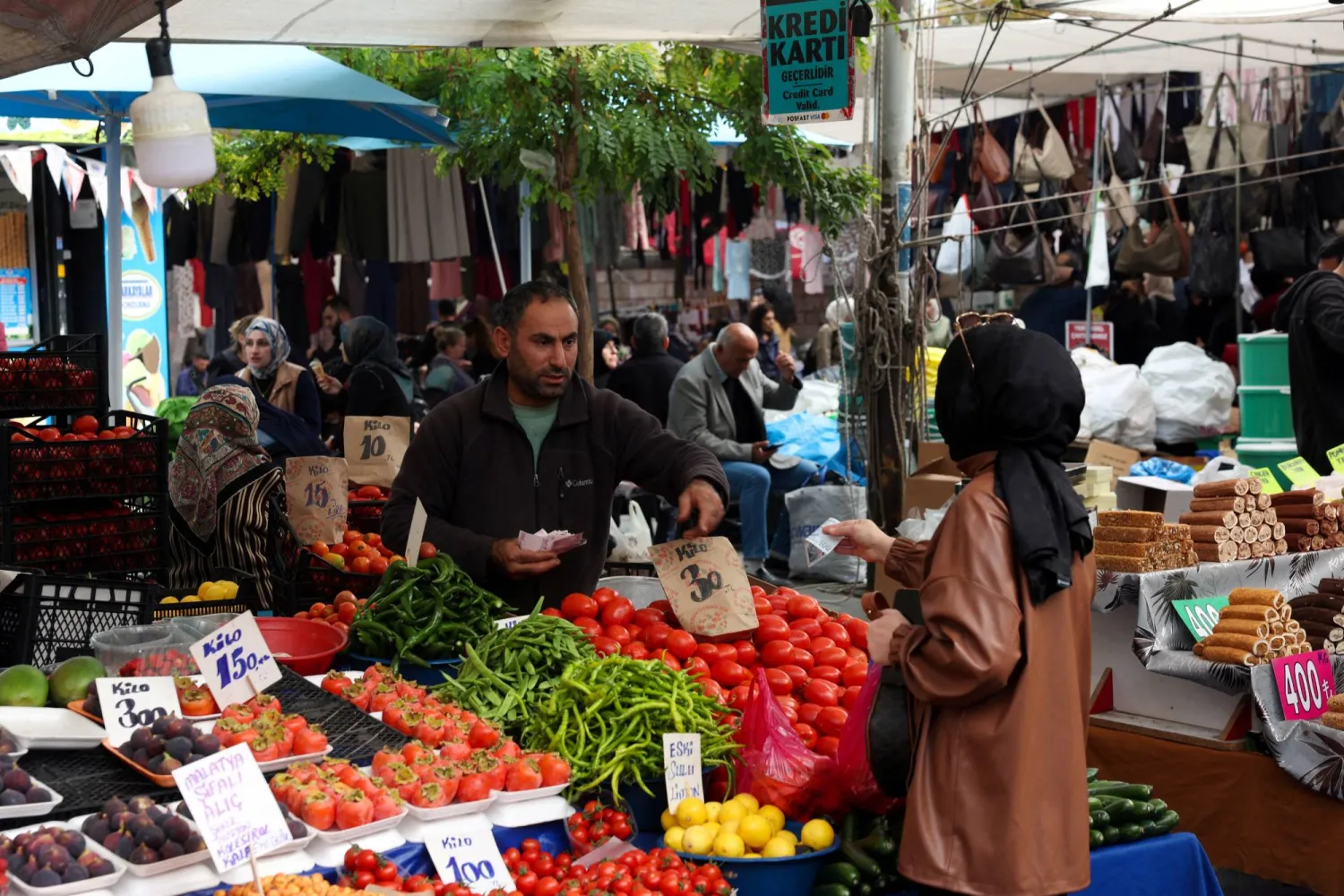Saudi Arabia’s Crown Prince Mohammed bin Salman has announced the launch of the National Intellectual Property Strategy to support the Kingdom’s economy based on innovation and creativity.
According to analysts, the Strategy will push the Saudi economy towards growth and development, enhance the domestic product, bring quality investments to the Kingdom, and generate initiatives and job opportunities.
“This strategy will promote the Saudi economy’s growth and development as it will lead towards innovation and the discovery of hidden potentials in the knowledge, digital and bold economy,” said Muhammad bin Dulaim Al-Qahtani, Professor of Economics at King Faisal University.
“It will also push Saudi sectors towards competitiveness and strengthen the Kingdom’s external position in preserving intellectual property rights,” added Al-Qahtani.
Al-Qahtani also noted that the Strategy will also attract dreamers and innovation lovers to Saudi Arabia.
Moreover, the Strategy will make the Kingdom compete with developed countries in embracing ideas and innovators.
Al-Qahtani indicated that the strategy will lead the Saudi economy towards knowledge, pointing out that the knowledge economy is equivalent to triple the regular economy.
“The launch of the Strategy will contribute to supporting economic growth and social development and protecting the national economy from losses estimated at more than SAR 11 billion ($2.9 billion),” said Essam Mustafa Khalifa, member of the Saudi Economic Association.
Most of the loss referred to by Khalifa can be traced back to the piracy of computer programs and literary works and commercial fraud.
“The Strategy will also contribute to supporting and unifying efforts of sectors concerned with intellectual property rights, including the judicial authorities,” added Khalifa.
Khalifa stressed that Saudi Arabia seeks to produce legislation regarding various types of intellectual property, especially that the Kingdom is a member of the main international conventions related to intellectual property rights.
He pointed out that the Kingdom enacted several previous laws in the field of intellectual rights protection, including the trademark system, the commercial fraud prevention system, the patent system and copyright protection, and the trade names system.









